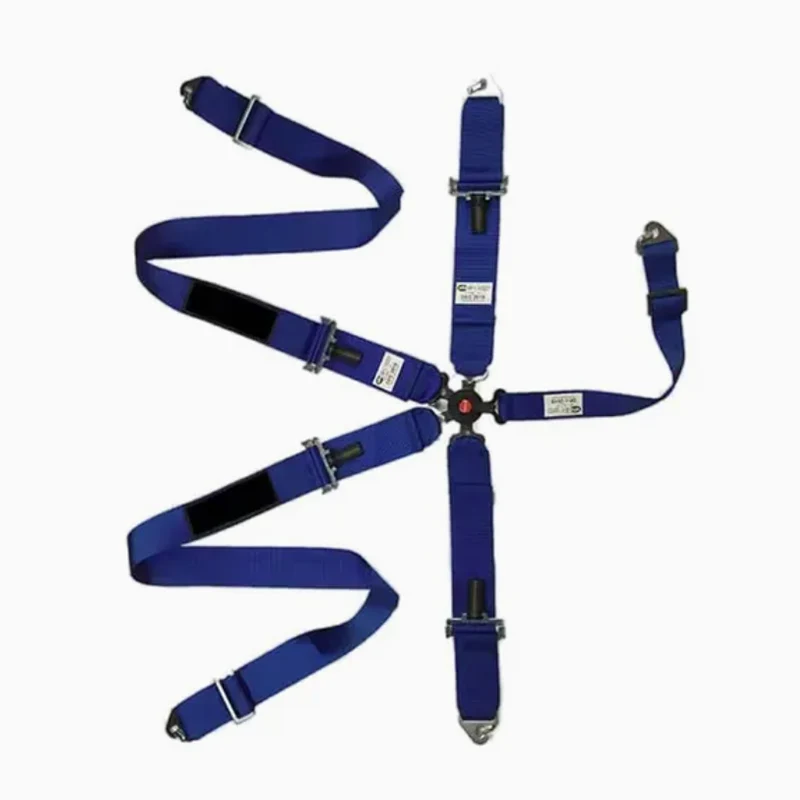School bus seat belts: the last line of defense for children's safety in a car
2025-05-12
Every parent hopes that their children can get to school and go home safely. School buses, as an important means of transportation for students' daily commuting, should be the focus of social attention for their safety. However, in reality, we often overlook a seemingly simple but crucial safety facility - seat belts.
The basic role of seat belts
The core function of seat belts is to fix the passenger's body, prevent the passenger from being thrown out of the seat when the vehicle brakes suddenly, turns sharply or collides, and reduce the risk of injury. A large number of traffic accident studies have shown that in traffic accidents, the injury rate and mortality rate of passengers who do not use seat belts are much higher than those who use them. Especially for children whose bodies have not yet fully developed, once a collision occurs, the consequences are more serious.

School bus accidents are not out of reach
In recent years, school bus accidents have occurred from time to time, which is heartbreaking. The "school bus tragedy" in Zhengning, Gansu in 2011, the collision between a kindergarten shuttle bus and a truck in Xuzhou, Jiangsu in 2017... These accidents not only exposed problems such as overloading of school buses and inadequate management, but also highlighted the seriousness of the lack of safety restraint measures for passengers. If every child had fastened their seat belts properly at that time, perhaps the outcome would be different.
The particularity of children riding in a car
Children are naturally lively and active, with a weak sense of self-protection, and often lack the ability to respond to emergencies. Therefore, compared with adults, children need more external protection measures. Seat belts are not only a "constraint" at this time, but also a "protection". At the same time, children's bones are more fragile, and they are more likely to be seriously injured by impact. Standardized wearing of seat belts can effectively disperse the impact force and reduce the degree of injury.
Difficulties in implementation in reality
Although most new school buses are equipped with seat belts, the use rate of seat belts is not high in actual operation. On the one hand, some drivers or teachers who lead the car did not effectively supervise; on the other hand, some children or parents did not have a sufficient understanding of the importance of seat belts, thinking that "short distances are unnecessary", "troublesome", "uncomfortable", etc. In fact, accidents often occur at unexpected times, and the mentality of luck will eventually lead to disasters.
Suggestions and appeals
1. Legislative promotion: It should be clear that the law stipulates that the use of seat belts in school buses is a mandatory requirement and a supervision mechanism should be established.
2. Strengthen school bus management: School bus operators should appoint a person to be responsible for the management of children on board, and ensure that every passenger uses the seat belt in a standardized manner after boarding.
3. Popularize safety education: Schools and families should jointly carry out traffic safety education to help children develop the good habit of fastening the belt when boarding.
4. Optimize seat belt design: In view of the body characteristics of children, school buses should be equipped with ergonomic child-specific seat belts to improve wearing comfort.
The seat belt may be just a piece of cloth on the seat of a school bus, but at a critical moment, it may be the last line of defense to protect a child's life. We cannot wait until the tragedy happens before we regret it. From today, let us jointly promote the standardized use of school bus seat belts and truly implement "safety" between every departure and return.




